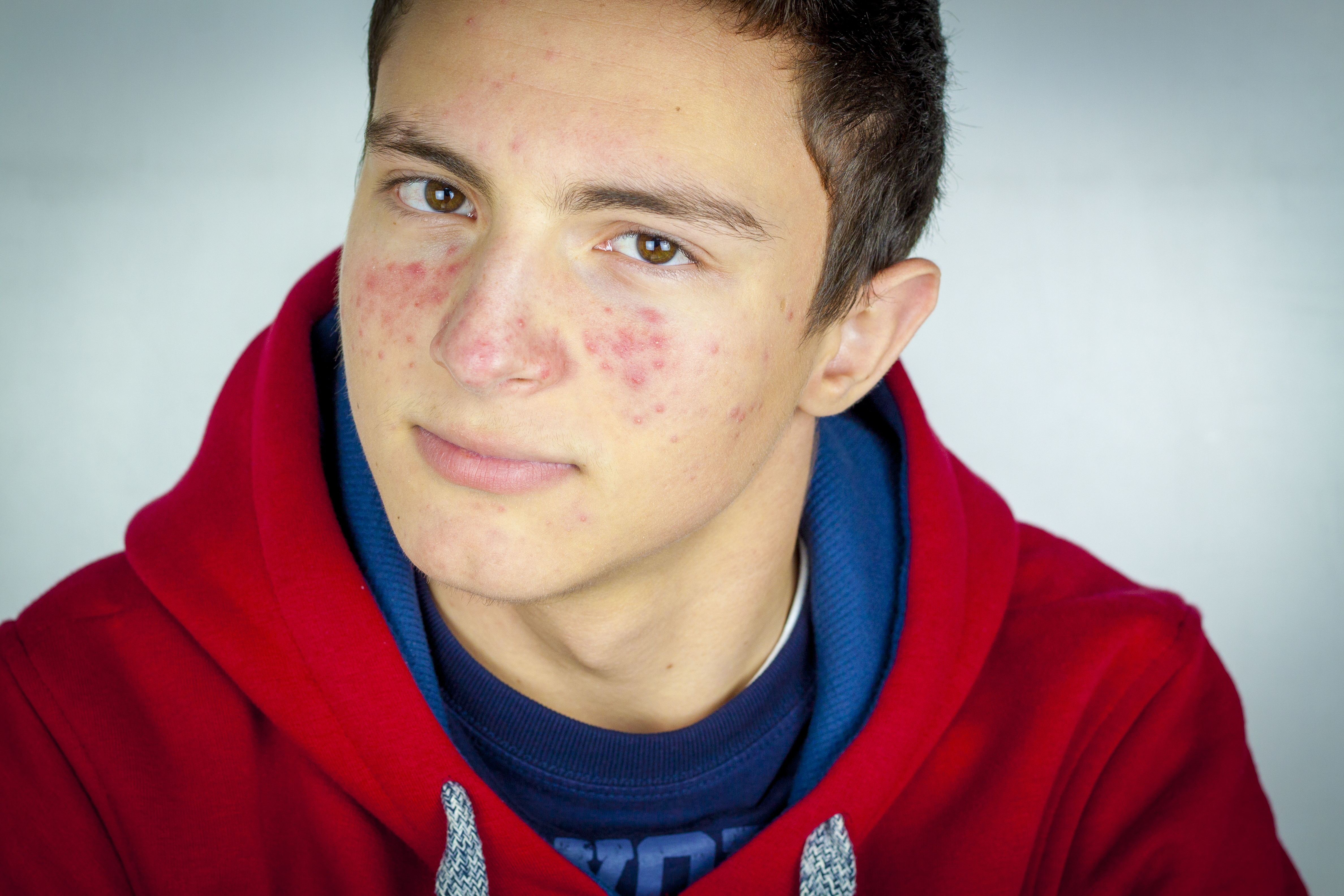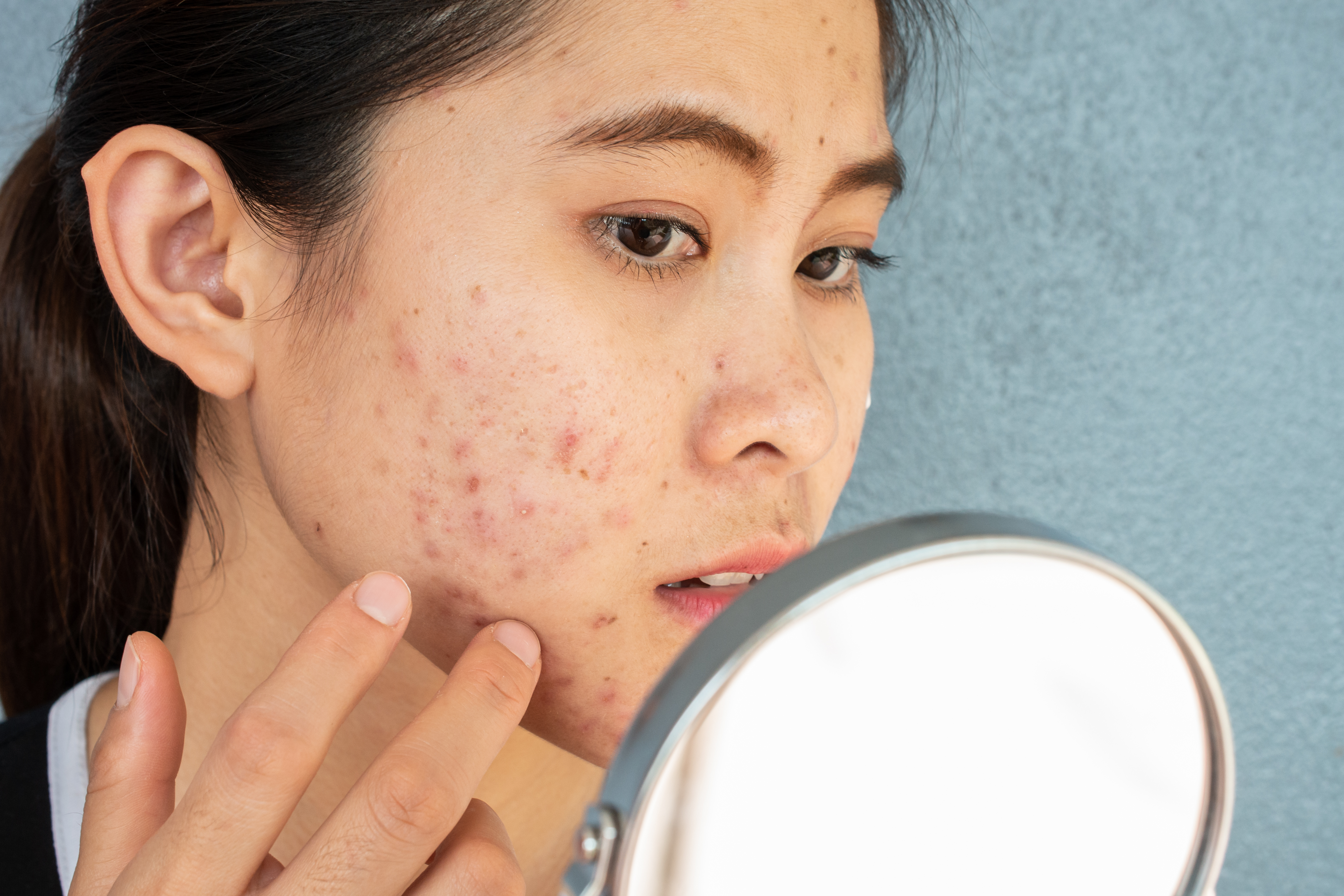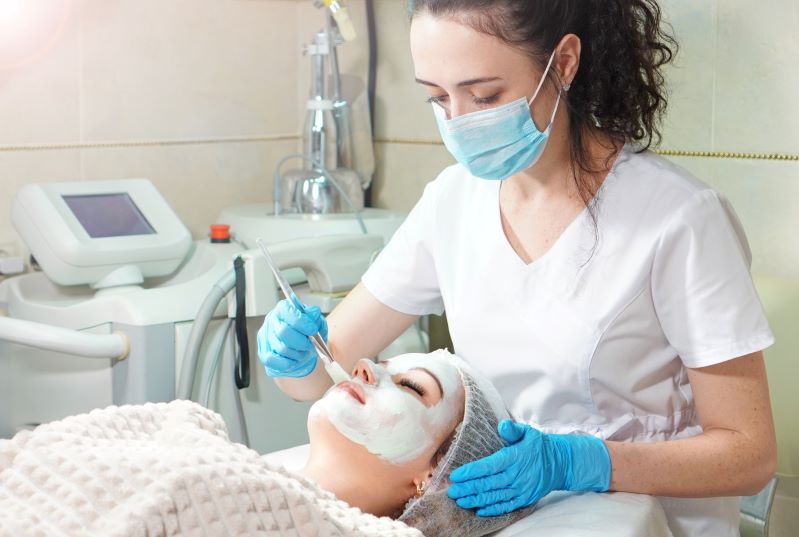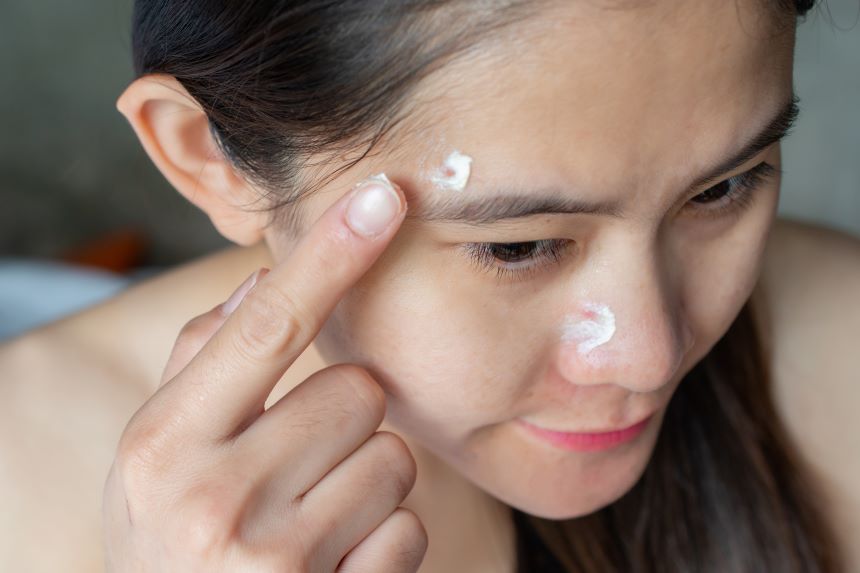For everyone, not just teenagers, acne is caused by heredity and hormones. With a family history of acne while going…

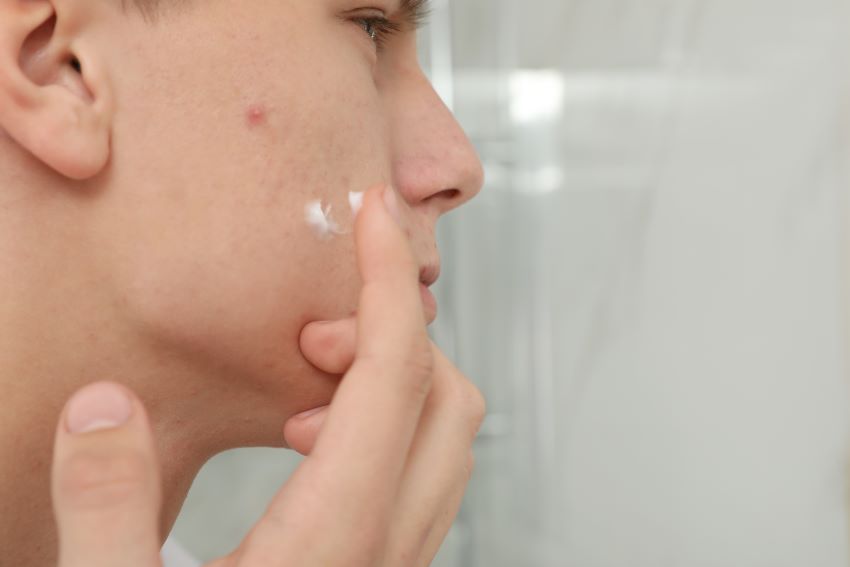 Acne
Acne
Common Medications for Acne: Topical & Oral Treatments
Prescription Acne Treatments: Common Medications for Acne and How They Work
Acne is a skin condition most commonly found in teenagers and young adults, it occurs when hair follicles plug with oil and dead skin cells. Acne can appear as blackheads, red bumps, and whiteheads. There are many causes of acne including hormonal imbalances, oily skin, medical conditions, sleep deprivation, and more.
Acne may occur as inflammatory acne, hormonal acne, or cystic acne but whichever is the case, it can be uncomfortable, upsetting, and embarrassing. If you have tried over-the-counter products and home remedies that are not working, you may be considering prescription acne treatments. With just one visit to your dermatologist, they will likely prescribe you a plan to help treat the acne causing bacteria and prevent acne scarring. These treatments will either come in the form of a topical solution or an oral medication to be added to your skin care routine. Because many people experience severe and persistent acne, sometimes a higher level of acne medication or stronger treatment is necessary. Over-the-counter acne products aren’t as effective when it comes to severe cystic acne or when acne is developed specifically in the adult years. The most commonly prescribed treatments can be found below:
Topical Acne Treatment
Retinoids
When retinoids are applied topically on the skin, they work to unclog your pores and reduce the formation of acne scars. A topical retinoid also works to prevent and speed up the healing process with blackheads, whiteheads, and inflamed spots. With retinoids as topical treatment, your skin might experience redness and peeling. If this occurs, use a moisturizer to offset these effects. Additionally, retinoids make your skin more susceptible to sunlight, so apply your retinoids at night to avoid this risk. Examples include: Tretinoin, Tazarotene, and Differin
Antibiotics
Antibiotics work by reducing redness in the skin and killing excess skin bacteria. Antibiotics are not recommended to be used alone, rather they should be applied alongside benzoyl peroxide. The reason for this is your skin may develop resistance to the antibiotic if used alone, which will make it useless. Examples include: Erythromycin, Tetracycline, Minocycline, and Doxycycline
Azelaic Acid
Azelaic acid cream is used for acne because it decreases swelling and redness in the skin and encourages cell turnover, so your skin heals quickly and minimizes scarring. It works by decreasing keratin production which, in excess amounts, can lead to the development of acne. Again, azelaic acid will dry out your skin, so apply moisturizer after application.
Salicylic Acid
Salicylic acid works to dissolve the dead skin cells that clog your pores in the skin that cause acne. Its exfoliating properties encourage new skin cell turnover as well. Salicylic acid can come in the form of a gel, lotion, ointment, soap, or solutions. The strength of each varies, so application instructions are different depending on the product prescribed.
Dapsone
Dapsone is a very effective anti-inflammatory agent. Also containing anti-microbial properties, dapsone gel works to clear up the acne-causing bacteria in the skin while simultaneously reducing inflammation caused by acne. It is mostly used to treat mild acne and severe acne in women.
Clascoterone
Clascoterone is a new treatment that treats acne by blocking androgen hormones. When androgen hormones are too high, there is an increase in sebum production (sebum is the oil in your skin that causes acne). When applied, Clascoterone prevents extra oil production in the skin which decreases breakouts.
Oral Acne Treatment
Antibiotics
Oral antibiotics can be prescribed to treat acne that is not going away from the topical version of the antibiotic. The oral antibiotics work similarly to their topical counterparts by reducing inflammation and killing the bacteria that causes acne. Their concentration levels are higher and treat more stubborn and severe cases of acne. Again, the four main antibiotics prescribed are Erythromycin, Tetracycline, Minocycline, and Doxycycline.
Contraceptives
For women who are looking to clear up their acne and need contraception, there are four FDA approved oral contraceptives that can be used to treat acne. Oral contraceptives contain estrogen and progesterone hormones. These extra hormone levels work to reduce the level of androgen hormones in the body. When androgen levels are low, oil production is slowed, and breakouts are less likely to occur. The four medications approved for this particular use are Ortho Tri-Cyclen, Estrostep Fe, Beyaz, and Yaz.
Spironolactone
Spironolactone is an anti-androgen oral acne medication drug that is typically used to lower blood pressure levels. However, it also can be used to block androgen receptors to reduce sebum levels in the skin. When oil production decreases, so do acne breakouts.
Isotretinoin
Isotretinoin (more commonly known as its former brand name Accutane) is an oral acne medication drug used to treat severe acne. Isotretinoin works by decreasing the size of the sebaceous glands in the skin. The sebaceous glands are responsible for creating sebum, the oil in the skin that can clog pores and cause severe cystic acne. When the sebum is controlled, breakouts stop. Currently, the brands available for Isotretinoin are Absorica, Amensteem, Claravis, Myorisan, Sotretm, and Zenatane.
Again, if you are struggling to find a solution that clears up your acne, consider visiting your dermatologist. Once you have received a treatment plan, your doctor can send the prescription to an Apotheco Pharmacy. We will find the lowest possible price for your prescription acne medication, pack, and deliver the medication at no cost to you! Contact us today with any questions or to learn more about our acne pharmacy!
This blog is based on research and/or other scientific articles and is written by our experienced Chief Strategy Officer and Pharmacist, Ronak Desai. This blog is fact checked by our educated Pharmacist in Charge, Darshan Patel, who additionally runs our Apotheco Manhattan location.
Here at Apotheco Pharmacy Group, our goal is to provide the most up to date and accurate information on health and dermatology related topics. We do this to ensure our readers can make informed decisions based on factual content. All blogs undergo an extensive review process before posted.
This blog contains trusted sources. All sources are listed at the bottom of this article with hyperlinks that take you directly to the source.
